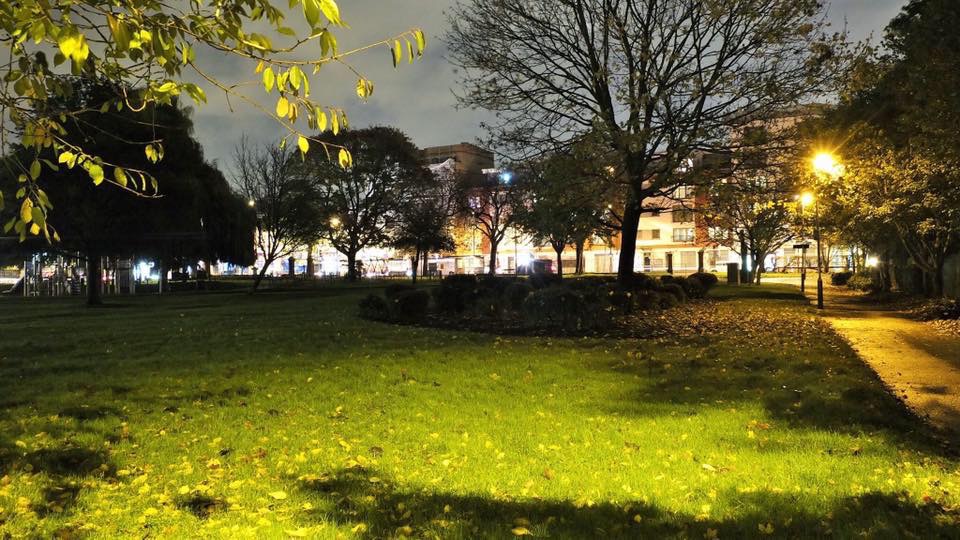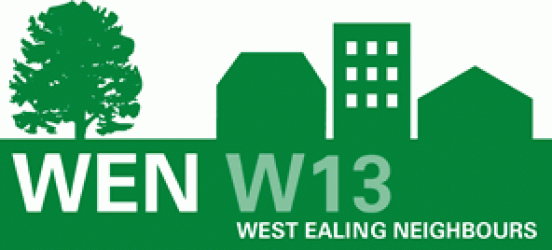Chair of WEN, David Highton has spotted an interesting blog on shopping in West Ealing.
A shopping blog by North East retail expert Graham Soult finds hope for West Ealing’s shopping centre in its food and independent traders.
He writes:
Even before the loss of Woolworths, West Ealing’s high street had seen significant change in recent decades, with the departure of Marks & Spencer in the late 1990s widely seen as an important loss. That site, next to the old Woolworths building, has subsequently been redeveloped and is now occupied by Wilkinson.
Nevertheless, it would be wrong to see West Ealing as a retail centre in terminal decline. It’s true that on my walk along Uxbridge Road and Broadway I noted a lot of vacant shops – including the ubiquitous closed-down Ethel Austin – and cheap-looking discount stores. However, there are plenty of bright spots.
Arguably, it’s West Ealing’s independent shops that give it the brightest hope for the future. Walking through, despite the visible problems, the area has a cosmopolitan and colourful feel, with ethnic food shops displaying their wares in the street. The West Ealing weekly farmers’ market in Leeland Road – which seemed to be well advertised when I visited – also adds to the area’s reputation as a mecca for foodies, and is apparently its trump card in attracting shoppers from other parts of London.
Continue reading “West Ealing’s independent shops give hope for the future”

